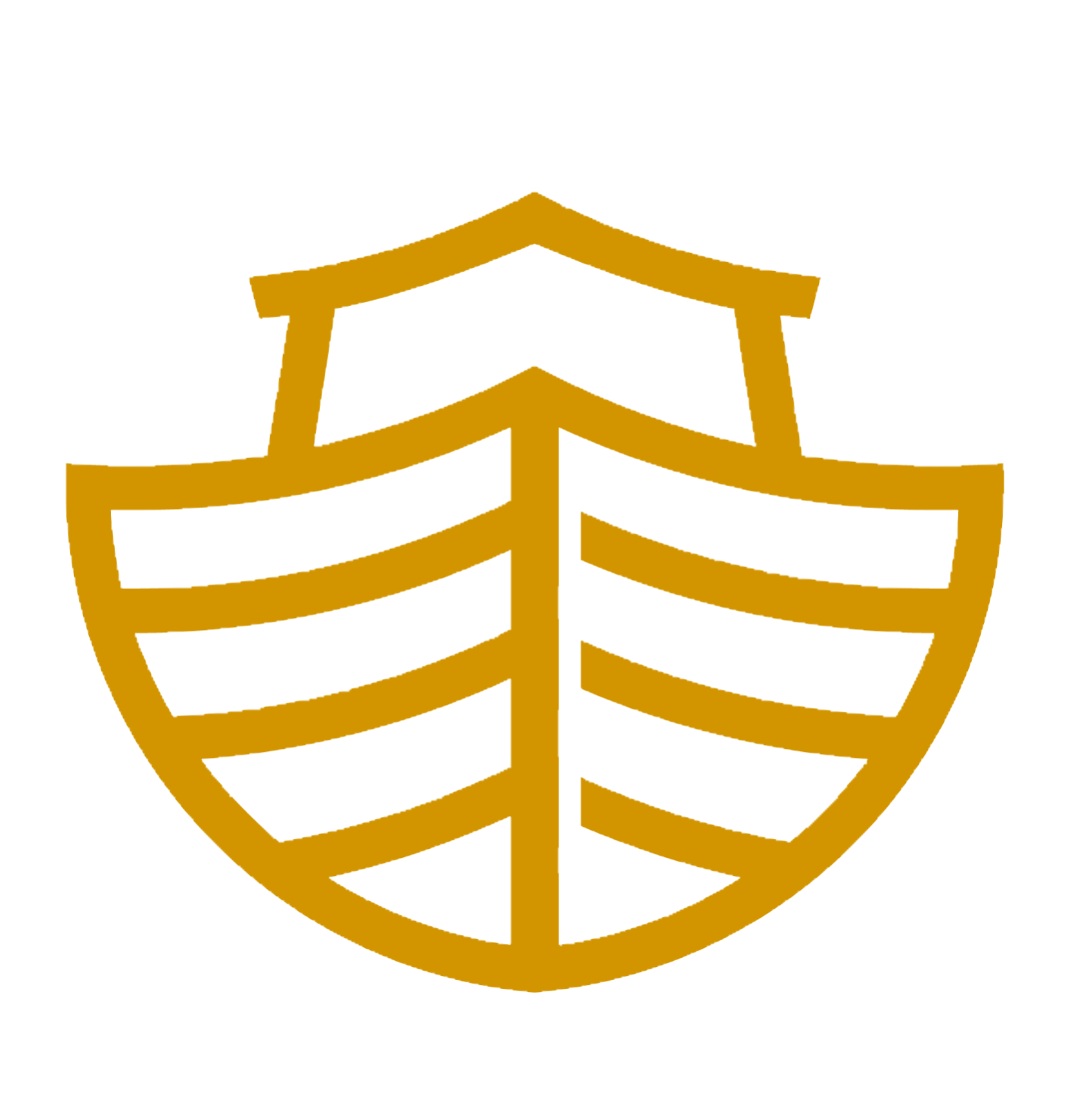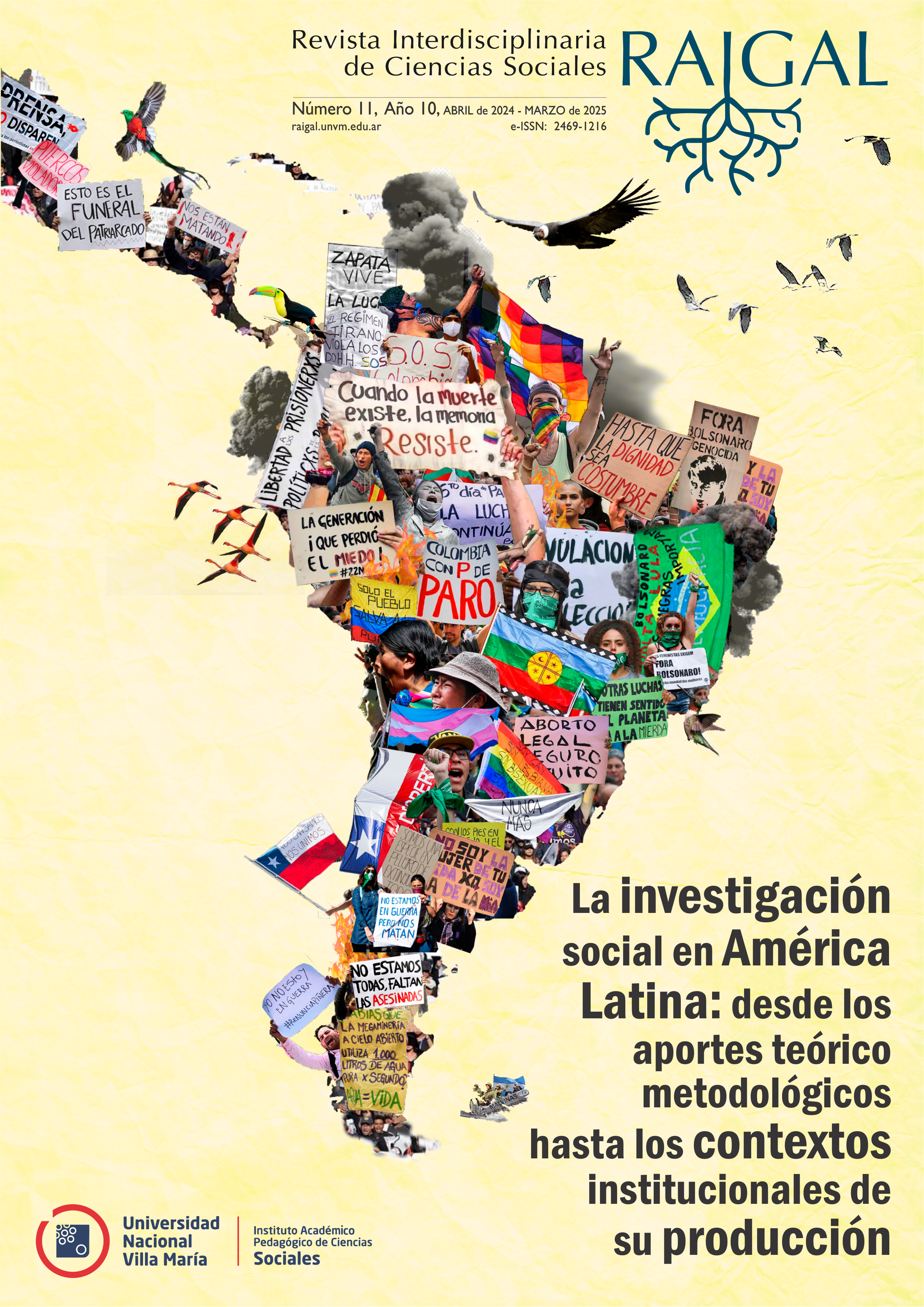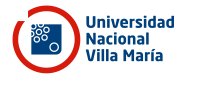Iraq to build: stakes and limits in a troubled context
Abstract
The main purpose of this article is to examine the dynamics of Iraqi politics surrounding the formation of the latest government in 2022, currently in office.
To this end, we propose an initial overview that highlights its historical framework, constitutional structure, institutions, and the main political actors involved, considering Iraq's domestic and international spheres.
Particular attention is given to the sectarian conflict affecting the country and how it manifests in laws, disputes among political parties, and the institutional distribution of power. The analysis delves into the country's fragile situation, underscoring the population's demand for changes to combat sectarianism (which has deeply harmed Iraq's political and social landscape) and the corruption of a system that jeopardizes its future. This unfolds against the backdrop of a foreign policy deeply strained by rivalries among actors with vested interests in Iraq.
Keywords:
Irak, Política iraquí, Sectarismo, ConstituciónLicense
Copyright (c) 2025 Nicolas Mondino

This work is licensed under a Creative Commons Attribution 4.0 International License.
Downloads
References
Al Khoei, H. (2016). Iraq después del ISIS: milicias chiíes e influencia iraní. Awraq n°13, páginas 17-24.
Amaya Porras, A. (12/10/2021). Elecciones en Irak: el clérigo chiíta Muqtada al Sadr lidera las parlamentarias. France 24. París. Recuperado el 18 de febrero del 2023 en https://www.france24.com/es/medio-oriente/20211012-irak-elecciones-parlamentarias-resultados-preliminares-muqtada-alsadr-chiita.
Benraad, M. (2016). DAESH: Una larga década de alienación sunní en Iraq y Oriente Medio. Awraq n°13, páginas 7-16.
Comisión electoral confirma victoria de Al Sadr en las legislativas. (30/11/2021). Swissinfo. Berna. Recuperado el 15 de febrero de 2023 en https://www.swissinfo.ch/spa/irak-elecciones_comisi%C3%B3n-electoral-confirma-victoria-de-al-sadr-en-las-legislativas/47154522
"Cualquier tensión entre EE. UU. e Irán se reflejará negativamente en Irak": primer ministro iraquí. (18/02/2023). France 24. París. Recuperado el 20 de febrero de 2023 en https://www.france24.com/es/programas/la-entrevista/20230218-cualquier-tensi%C3%B3n-entre-ee-uu-e-ir%C3%A1n-se-reflejar%C3%A1-negativamente-en-irak-primer-ministro-iraqu%C3%AD.
Espinosa, A. (07/05/2020). Irak nombra a un nuevo primer ministro independiente tras seis meses de bloqueo político y protestas. El Mundo. Madrid. Recuperado el 16 de febrero de 2023 en https://elpais.com/internacional/2020-05-07/al-kadhimi-recibe-el-respaldo-parlamentario-como-primer-ministro-de-irak.html. 07/05/2020
Filiu, J.P. (2017). ¨Primavera¨, revolución y contrarrevolución. Awraq n°15, paginas 21-31.
Gause, F.G. (2014). Beyond sectarianism: the New Middle East Cold War. Doha: Brookings Doha Center.
Grau Sivera, C. (07/10/2021). La nueva ley electoral de Irak, garantía de más pluralidad en el Parlamento. Swissinfo. Berna. Recuperado el 20 de febrero de 2023 en https://www.swissinfo.ch/spa/irak-elecciones-votaciones_la-nueva-ley-electoral-de-irak--garant%C3%ADa-de-m%C3%A1s-pluralidad-en-el-parlamento/47009134.
Haddad, F. (2019). The Diminishing Relevance of the Sunni-Shi‘a Divide. POMEPS Studies N°35 Religion, violence and the state in Iraq, pp.47-54
Hashemi, N. & Postel, D. (2017) Sectarianization. Mapping the New Politics of the Middle East. Oxford: University Press.
Hiltermann, J.R. (2006). Elecciones y redacción de la Constitución en Irak, 2005. Med.2006, páginas 40-43.
Hinnebusch, R. (2014). The Arab Uprisings and The MENA Regional States System. Uluslararası İlişkiler, Volume 11, No. 42, pp. 7-27. Estambul: International Relations Council of Turkey.
Iraq allows transactions in Chinese yuan as it seeks to avoid US restrictions on use of the dollar. (23/02/2023). The Arab Weekly. London. Recuperado el 23 de febrero de 2023 en https://thearabweekly.com/iraq-allows-transactions-chinese-yuan-it-seeks-avoid-us-restrictions-use-dollar.
Iraq: Authorities must immediately rein in security forces and protect freedoms of assembly and expresión. (03/10/2019). Amnistía Internacional. Recuperado el 19 de febrero de 2023 en https://www.amnesty.org/en/latest/press-release/2019/10/iraq-authorities-must-immediately-rein-in-security-forces-and-protect-freedoms-of-assembly-and-expression/
Iraq to allow trade with China in yuan - state media. (22/02/2023). Reuters. Londres. Recuperado el 22 de febrero de 2023 en https://www.reuters.com/business/iraq-allow-trade-with-china-yuan-state-media-2023-02-22/
Kubbe, I. & Varraich, A. (2019). Corruption and Informal Practices in the Middle East and North Africa, Routledge.
Mabon, S. y Lynch, M. (2020). Introduction: Sectarianism and International Relations. POMEPS Studies n°35, pp.3-6
Martini, A. (2016). El terrorismo global como amenaza al orden internacional. El caso de Estado Islámico. Relaciones Internacionales (GERI)-UAM, páginas 79-95.
Ospina Morales, G. (2017). El Estado Islámico y la seguridad societal. Sectarismo y violencia intercomunitaria en Irak y Siria. Bogotá: Universidad del Rosario.
Ospina Morales, G. (2018). La formación del Kurdistán y la seguridad societal. Un análisis del gobierno kurdo en el norte de Irak, los grupos minoritarios y la lucha contra el Estado Islámico. Forum n°13, páginas 11-32.
Rodinson, M. (1981). Los árabes. Madrid: Siglo veintiuno de España Editores.
Saadoun, M. (03/10/2019). Iran´s influence seen in transfer of Iraqi war hero. Al-Monitor. Recuperado el 16 de febrero de 2023 en https://www.al-monitor.com/originals/2019/10/iraq-protests-abdul-wahab-al-saadi.html.
Shakir, L. (24/09/2021). Who´s who in te iraquí elections?. Rudaw. Erbil. Recuperado el 16 de febrero de 2023 en https://www.rudaw.net/english/middleeast/iraq/240920211.
Torres Soriano, M.R. (2009). Sobre la viabilidad de la democracia. Lecciones de la posguerra iraquí. Revista CIDOB d´Afers Internacionals n°88, páginas 157-175.
Tripp, C. (2003). Historia de Irak. Madrid: Cambridge University Press.
United Nations Assistance Mission for Iraq/UNAMI. (2020). Iraq’s Electoral Preparations and Processes - Report No. 4. Bagdad: UNAMI.
Zaccara, L. (2016). Los países del Consejo de Cooperación del Golfo e Iraq. Awraq n° 13, páginas 69-80.






 We are indexed ...
We are indexed ...





